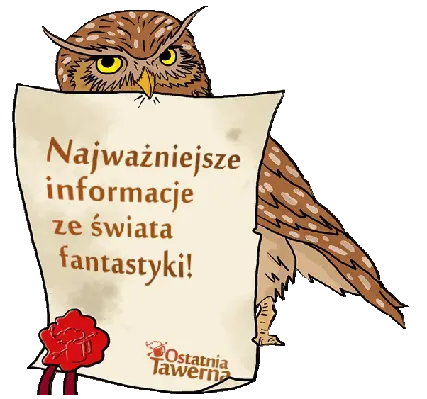Probably there is no man nowadays who would not have heard about the works of JRR Tolkein, even to a small extent. Is it due to the success of the Lord of the Rings trilogy (and a little less successful The Hobbit ), a whole lot of gadgets and toys, the upcoming series from Amazon with a taste for the new Game of Thrones , or the original itself, i.e. books already known all over the world. The phenomenon also affected the gaming industry, which in my opinion did not fully use the dormant potential of this world, asking for a role-playing game that (almost) never got.
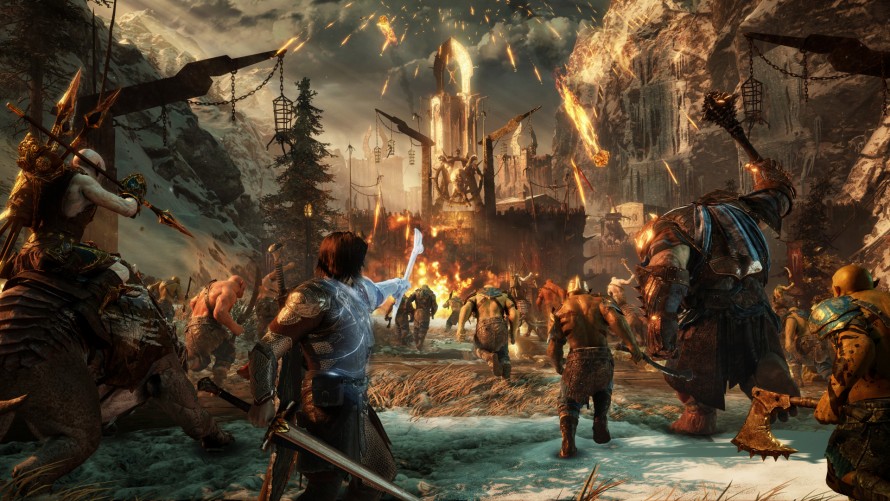
An endless source that no one takes full advantage of
In fact, the whole thing is given on a tray. We don’t even have to create a vast universe from scratch, which is at our fingertips. All you need to do is skillfully transfer them to monitor screens. Of course, this is only in a nutshell, but I think everyone understands what I mean. The content of the books is packed to the brim with so much information that for the rest of my life I could play a completely new production every year (if you don’t believe me, try reading The Silmarillion someday). Colorful, exhaustive, sometimes even lengthy and – most importantly – interesting descriptions of a beautiful world, non-straightforward characters and solemn events – there is a lot of it! At the very beginning, we get a place filled with various lands, various characters and creatures, with full mythology and culture. We can find inspiration for the story everywhere – the fall of the elves, turning away from the Valar and leaving Aman, the later war with Morgoth, then we have the fall of Númenor, the war with Sauron and the Last Alliance of People and Elves, and the icing on the cake is the most famous War of the Ring. And these are just a few examples of the most important moments of this enormous story, which contain more. Tolkien himself said: “Once, however, I wanted to create a collection of more or less related legends, starting with the greatest, cosmogonic, up to the level of a romantic fairy tale – the larger ones were to be based on the smaller ones that were in contact with the ground, and the smaller ones were to draw glory from the vast background of the others ”. So why do game developers not want to reach for this “vast background” and draw from it, being the “smaller” (which does not mean “small”) production. An ordinary action game will not fully reflect what is waiting for us there.
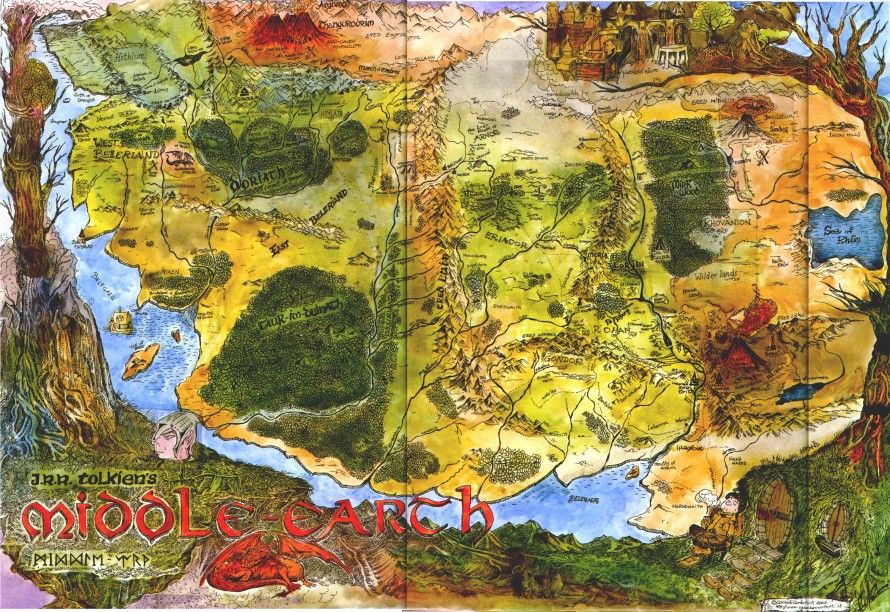
There are so many wonderful stories to be told in these areas …
It is surprising that no one has yet used this bottomless well, from which you can draw handfuls, as material for a decent “roll” (maybe with one exception, but more on that in a moment). All the more so, taking into account the development of today’s technology, allowing you to create vast areas with fascinating landscapes, full of diverse and engaging activities, with an extensive storyline, having a real impact on the surroundings and the further course of the story, as well as interesting side missions dotted with choices, with well-developed mechanics gameplay. Summing up everything I mentioned – there is a lot to exploit and we probably won’t find better source material for a good RPG. Now someone just has to feel like it, and as we know, it never happened.
If not RPG, then what else?
Players have had the opportunity to immerse themselves in the world of Lord of the Rings more than once – through the more sandboxed, complex titles that last for many hours, as well as the shorter, usually completely linear ones. Unfortunately, it was never a full immersion, perhaps halfway at most, and certainly not quite as many people expect. So what genres were the creators’ most common choice? The most recent example is the Lord of the Rings Card Game , released last year , a regular card game based on deck building, nothing special. A little earlier, the second installment of Talion’s adventures – Middle Earth: Shadow of War – had its premiere. Just like its predecessor, it is an action adventure game with Batman’s combat system and small RPG elements, such as character development or a quite extensive equipment improvement system. You can also add an interesting Nemesis system to it, which has a strong impact on the world around us. However, one swallow does not make spring, and it is the same in this case – you will not make a few RPG mechanics. Moving back further, that is around 2010, we got into our hands a few similar action games, based mainly on the fight against successive hosts of opponents (including The Lord of the Rings: Aragorn’s Expedition and The Lord of the Rings: Conquest ). In the meantime, we also get a LEGO game and a cooperative game, War in the Northwhich, like Shadow of War , contains some RPG elements, but in the game itself is more like a hack’n’slash.
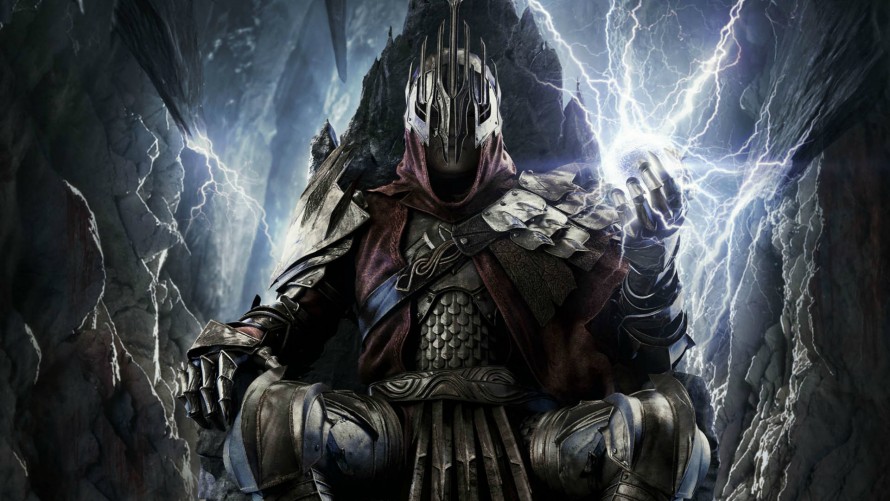
War in the North and other games of this type are more like fighting games
The Lord of the Rings Online is still being developed the closest to the erpeg style , but MMO is a completely different matter. Immediately after the cinematic successes, the well-rated strategies of The Lord of the Rings: The Battle for Middle-earth series had their premieres , as well as subsequent action-adventure games in which we had to go through successive stages full of enemies, modeled on films. There are about thirty games in total, but these examples show which genres are leading the way. Unfortunately, we haven’t had the chance to outplay any “lordship” Baldur yet. Although maybe not entirely, there is one exception to the rule – Interplay’s cRPG game JRR Tolkien’s The Lord of the Rings, Vol. I andVol. II. So you can’t say with a clear conscience that we don’t have a single Tolkien RPG. However, I will omit it for the purposes of the text, due to the fact that it was created in ancient times (this is the beginning of the 90’s), it did not win the recognition of players, and many of us may never have heard of it. We will focus here on productions from the 21st century, but it is still worth knowing about it. Similarly to the above example, it is the case with several adventure games from the 80’s, including the quite well-known The Hobbit.
Before we proceed, I have to write about the latest Warner Bros. announcement. Just before sending the text for proofreading, this picture caught my attention on the gaming section of the company’s Facebook fanpage:

Looks great, doesn’t it?
I see WB Games, there is Lord of The Rings on the graphics, thousands of thoughts appear in my head immediately, with excitement I say to myself that maybe it’s this moment and I need to change the text soon, because we will get this RPG. . Later I read the description: “We are delighted to announce that we are working with NetEase, Inc. on a strategic (still good here) MOBILE GAME (bad here).” God, why are you doing this to me?
A hard nut to crack
As is usual in the production of licensed games, the issue of copyright can be problematic. In this case, it is no different, as they are scattered among various institutions that have completely different policies regarding their use. At the moment, all powers to manage film and stage adaptations (including games) of Lord of the Rings and Hobitthas Middle-Earth Enterprises. Everything else belongs to the Tolkien Estate organization, founded by the family of the deceased writer. Of course, other corporations have their smaller fragments, including Warner Bros., who is in charge of the film trilogy. Now, a short history lesson, as some are probably puzzled by the fact where this division came from. Well, in 1969, Tolkien himself sold the film rights to his two most famous works, needing money to pay tax. And that’s it, there is no story full of intrigue and controversy behind it.
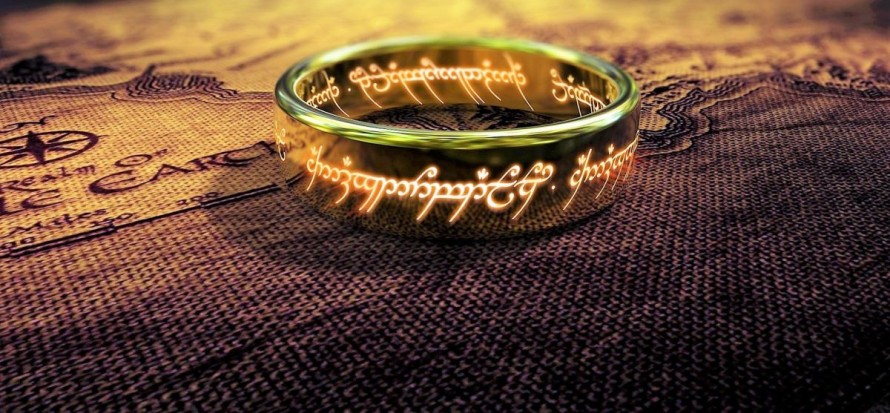
One ring that introduced a lot of divisions
But let’s get back to the topic. The first company, Wayne Enter …, back, Middle-Earth Enterprises had no contraindications to issuing its licenses, and it was really only thanks to her favor that we saw computer adaptations. It was thanks to her that at the beginning of the 20th century (which was still enjoying good PR), Electronic Arts signed an eight-year contract entitling you to use the world of the Lord and the Hobbit. And maybe, paradoxically, this is where the whole hitch lies? Maybe the reason why we didn’t get the RPG in this universe is the wrong choice of studios that would create one? The answer will not be that simple and obvious, because it is a little bit like that and a little bit not. At that time, EA was known mainly from series such asMedal of Honor, Battlefield, The Sims, Need for Speed, Burnout, SKATE , as well as all kinds of sports games. There wasn’t much of someone who could make a role-playing game then, except maybe Origin Systems ( Ultima ). However, the situation changes one year before the expiry of the contract. Then a veteran of the industry, even a legend – BioWare, gets under the wing of Electronics. Unfortunately, as we well know, no one took advantage of this fact, the license expired, and a few years later we got Mass Effect and Dragon Age , which might as well have the title of The Lord of The Rings .
A little here, a little there, and it still doesn’t work
Later, in late 2008, the franchise is transferred to Warner Bros. Interactive Entertainment. What does it mean? Nothing we want to hear. The publisher and producer has dozens of titles in his portfolio, including some really excellent ones, although they are mostly action-packed with an open world, logical and adventure games. And that was what the brand received later, such as the previously mentioned Middle Earth: Shadow of War . I am not saying that these are bad productions, I played most of them brilliantly, but I miss the LOTR Witcher or at least something like Divinity: Original Sin or Pillars of Eternity. As you can see, Warner didn’t want to make my little dream come true.
How is the situation on the other side? Since the times of the War of the Ring did not bring us the RPG expected by many, what then came from the Tolkien Estate, which owned the entire first and second era and a large part of the third? Well… nothing. Christopher Tolkien – the son and heir of JRR Tolkien, was not a supporter of adapting the received heritage and was reluctant to commercialize the universe. He cared for his father’s image and put his legacy ahead of licenses. Therefore, we have not seen any work that goes beyond the matters related to the ring. Probably, if not for taxes, the Peter Jackson trilogy and other previously mentioned game productions would never see the light of day.

The situation changes completely with the departure of Christopher Tolkien from the Tolkien Estate, who can now rule Middle-earth and all of Arda at will. Practically, because the son of a grand master (not to be confused with a grand master of the Templar Order) probably had some exclusive rights, which we can be sure that he would not give up to his death. And this, unfortunately, came on January 16, 2020. Without going into digression, shortly after his departure from the foundation, it turned out that Amazon bought a license for USD 250 million to create a series, the action of which will take place in the era of the 2nd era. The creators are still somewhat limited and cannot reach for all the elements of this world, but it seems that it is a matter of time when we see more previously unavailable events, characters and places on the screens. What does this mean for our industry? It’s hard to say anything at the moment, but who knows, maybe now with a bit more availability of the universe, developers will be willing to reach for it and times other than the 3rd era will be more favorable for RPG fans. And that’s right, because we’re talking gadu gadu about the series, and Amazon has announced that it will also produce the game.
Fresh blood, new bands, but does that change anything?
Times change and so do license holders. After more than two “drainless” decades for LOTR , a new deal of cards is coming. Now it’s Amazon and Deadalic Entertainment’s turn. Unfortunately, I don’t know if we really want to hear it. The American giant intends to bet on the production of MMORPGs and start competing with the still prospering LOTRO . We have an RPG in the genre name, but we know well that it’s a completely different kind of fun. Unless Amazon comes up with a completely fresh approach to the topic and we get something more than just an ordinary MMO. I doubt it, but I would like to be positively surprised. However, I can not get over my fears, because Amazon Game Studios at the moment is not famous for any decent production, and recently released Crucible leaves much to be desired.
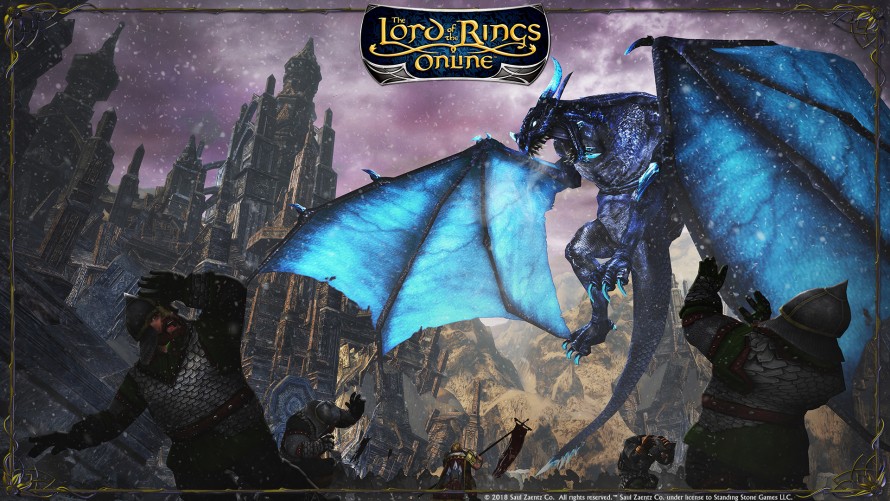
On the other hand, the German developer known from the point & click series Deponia , as well as the warmly received Pillars of the Earth , is working on a game about – attention, attention! – Gollum. Probably no one expected this. The very idea of making this hero a protagonist is extremely interesting, the more so as no one had come up with a similar idea before. Nevertheless, as we could already guess, it will be a stealth-adventure action game. For now, we can only dream of another species.
RPG as it was not, so it is not. So who is to blame?
We are slowly approaching the end, so it would be appropriate to finally answer the question in the title of the article. Where is the Tolkien RPG? Stay a while longer, because it will be short: I don’t know. This is where I really should end because I really have no idea. I cannot understand why no one used the gold mine that this world undoubtedly is. I also hope that I don’t have to try to prove it to anyone (which I did anyway at the beginning of the text). Originally, I wanted to write: “But it seems to me that the answer is not that simple and there are many more factors behind it that we do not even know.” After further reflection, I change my mind. If I were to look for a problem, I see it in two completely overlapping issues: first, bad license management, and second, the world’s most common fear of any interference in Tolkien’s work. How does it connect? An inexperienced or simply inadequate team is given the task of creating a game in this universe. Seeing the enormity and complexity of this world, it is easier for her to build an ordinary, relatively linear production from scratch, where the main role is rather the gameplay layer, and the story is more of an attachment to it, preferably already based on some known events, without introducing changes to them. Things are different with the RPG title, because their main strength is usually history. For its needs, literally a wall of text is required, which in itself is not such a challenge, because in gamedev we will find many talented scriptwriters, but adding something to Tolkien’s works, or even modifying certain elements,
However, I have an irresistible impression that if such Larian Studios, Obsidian, old BioWare or even FromSoftware got their hands on rights even for a moment, instead of writing this text, I would probably sit and play the hours of Lord of The Rings RPG (or at least something in this style). And so I have to complain and look to the future with deceptive hope, hoping that maybe someday, perhaps even on my deathbed, I will be able to at least glance at my eagerly awaited Holy Grail for a moment.

